MurderCon 2021: The Fabulous Lineup of Classes and Presenters
From the start of the Writers’ Police Academy over a dozen years ago, we’ve taken writers inside the typically closed world of law enforcement, forensics, EMS, and firefighting. We’ve introduced you to world-renowned experts. We’ve helped establish contacts between writers and experts, writers with agents and editors, and more. We’ve seen beginning writers grow, and we’ve seen seasoned authors expand their knowledge in ways that were once not possible.
It’s been a long and exciting journey, one that we’ve made together.
Our 2021 event, MurderCon, continues the tradition of delivering spectacular, unique classes. So without further ado … the fabulous 2021 lineup.
2021 Guest of Honor – Andrew Grant (Child)

Andrew Grant was born in Birmingham, England in May 1968. He went to school in St Albans and later attended the University of Sheffield where he studied English Literature and Drama. After graduation Andrew set up and ran a small independent theatre company which showcased a range of original material to local, regional and national audiences. Following a critically successful but financially challenging appearance at the Edinburgh Fringe Festival Andrew moved into the telecommunications industry as a ‘temporary’ solution to a short-term cash crisis. Fifteen years later, after carrying out a variety of roles—including a number which were covered by the UK Official Secrets Act—Andrew escaped from corporate life, and established himself as a critically-acclaimed author. He published nine novels under his own name, and in 2020 began a collaboration—writing as Andrew Child—with his brother Lee, to continue the internationally-bestselling Jack Reacher series.
He is married to novelist Tasha Alexander, and lives on a wildlife preserve in Wyoming, USA.
1. Rescue Your Characters from Sticky Situations: Fingerprinting Problematic Surfaces
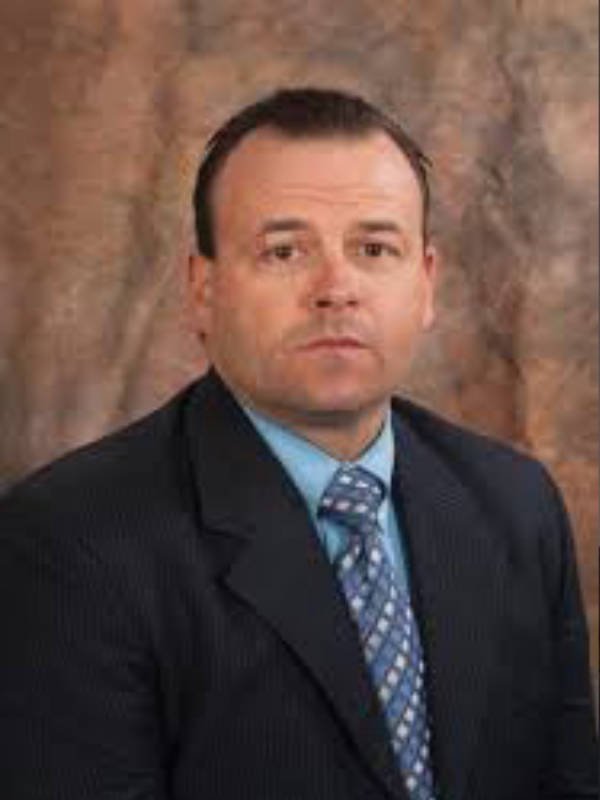 Learn how experts process fingerprints on problematic surfaces, such as the sticky sides of various tapes, wet and/or textured surfaces, firearms, and more. Class includes instruction on forensic chemical processing and the use of powders and brushes to develop and capture prints. Attendees will receive training from one of the most knowledgeable experts in the field, who will lead the class in real-time, hands-on fingerprinting exercises using the kit supplied to attendees by Sirchie.
Learn how experts process fingerprints on problematic surfaces, such as the sticky sides of various tapes, wet and/or textured surfaces, firearms, and more. Class includes instruction on forensic chemical processing and the use of powders and brushes to develop and capture prints. Attendees will receive training from one of the most knowledgeable experts in the field, who will lead the class in real-time, hands-on fingerprinting exercises using the kit supplied to attendees by Sirchie.
*All MurderCon attendees will receive the Sirchie kit in advance of the event!
Instructor – Andy Parker
Andy Parker has a Bachelor of Science degree in Criminology / Criminal Justice from Florida State University. He began his career in law enforcement with the Florida Department of Law Enforcement. After seven years with FDLE, he worked crime scenes, analyzed latent prints and footwear evidence for the Tallahassee Police Department. In 2002 he began work with the City-County Bureau of Identification in Raleigh NC. At CCBI, he has held the position of Latent Print Examiner, Latent Print Section Supervisor, Deputy Director in charge of the Identification Division, Deputy Director in charge of the Laboratory and currently is responsible for the Investigations Division. He is a certified Latent Print Examiner with the IAI. Andy is also a graduate of the FBI’s National Academy.
2. “Spatter” or “Splatter?” Have You Written it Right, or Wrong?
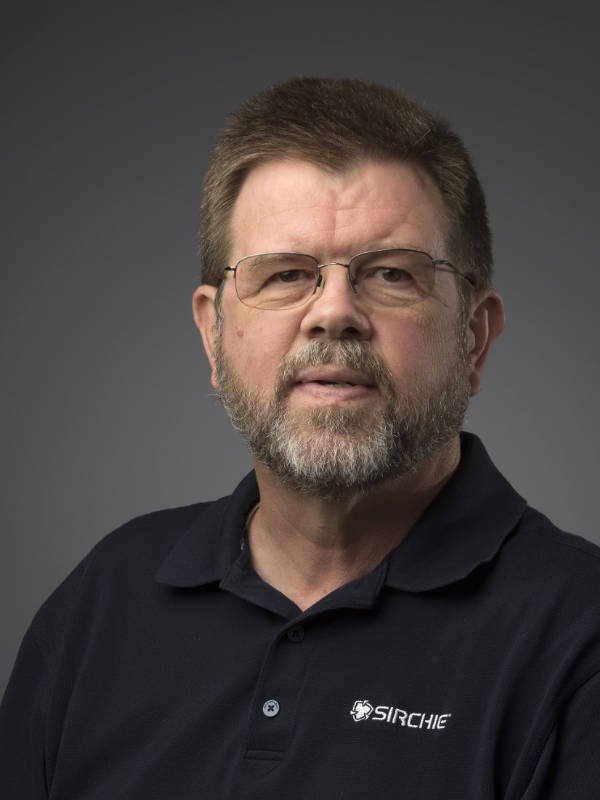 Attendees will witness the real-time creation of various bloodstain patterns, and then learn to recognize each configuration and how investigators determine where an injury or bleeding event occurred.
Attendees will witness the real-time creation of various bloodstain patterns, and then learn to recognize each configuration and how investigators determine where an injury or bleeding event occurred.
Former FBI Special Agent David Alford, a founding member of the FBI Evidence Response Team, presents the key information to each type of design and shape, and how the volume of blood, amount of force, and directionality of the force can form consistent patterns while still producing individual flares to each stain.
Combining this incredibly detailed training with their own observations, the class will understand how bloodstain patterns tell a story. This session is certain to help your stories zing with realism, including correcting an often-misused term. Is it Spatter, or Splatter? One is appropriate. The other is not.
Short Story Contest – Bloodstain pattern posters will be provided to attendees, who will then arrange them in their own unique order to build a crime scene. Then, when the plot begins to thicken, use those mysterious details to write a short crime story of 500-800 words to be submitted to contest judges. Prizes will be awarded to the authors of the top three stories. Contest to be judged blindly. Participation is merely a fun exercise and is not mandatory.
Instructor – David Alford
3. Solving the Unsolvable: The Pandemic of Murder Cases Across the U.S.
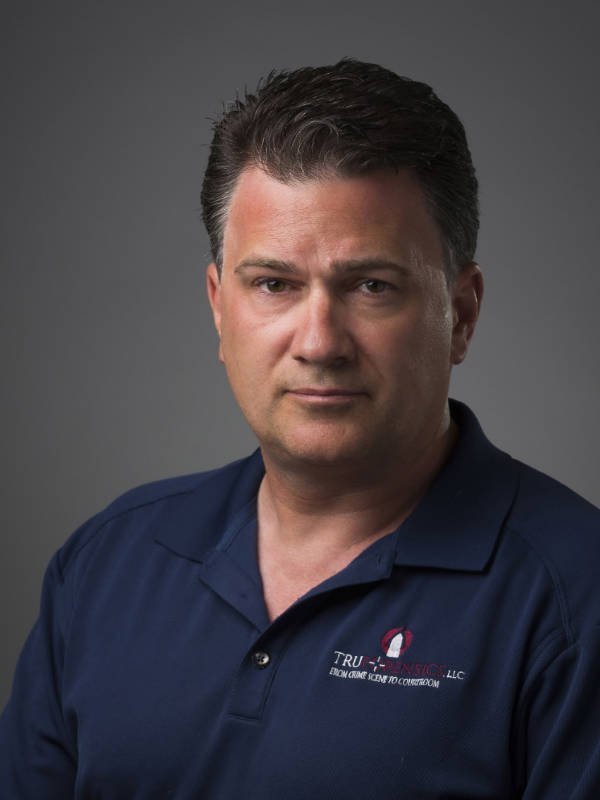 With over 17,000 murders in the United States each year, and nearly 40% of the murders going unsolved, a quarter million unsolved murders remain in filing cabinets and databases across the country. As a member of the Vidocq Society that specializes in assisting law enforcement in solving the most complicated murder cases, the instructor details why cases “go cold” and how detectives can become more efficient and effective at solving the most violent and serious crimes committed in the United States.
With over 17,000 murders in the United States each year, and nearly 40% of the murders going unsolved, a quarter million unsolved murders remain in filing cabinets and databases across the country. As a member of the Vidocq Society that specializes in assisting law enforcement in solving the most complicated murder cases, the instructor details why cases “go cold” and how detectives can become more efficient and effective at solving the most violent and serious crimes committed in the United States.
Instructor – Dave Pauly.
David Pauly retired from The U.S. Army Criminal Investigation Command as a Special Agent-in-Charge/Commander and Forensic Science Officer. He performed duties in over a dozen states, and frequently worked with local, state, and federal agencies. He also performed duties in Panama, South Korea, Afghanistan, Haiti, Kuwait, Saudi Arabia, Israel, Turkey, Sinai, Egypt, Canada, Guam, and Nigeria. He holds a Master of Forensic Science degree from The George Washington University and is currently the Director of Applied Forensic Science at Methodist University, Fayetteville, NC.
David graduated the FBI National Academy (Session 195), Canadian Police College – Major Crimes Course, Miami-Dade Police Department – Bloodstain Interpretation Course, and National Fire Academy – Arson Investigation Course. He is a Fellow of The American Academy of Forensic Science, and is a current, or past member of the International Association of Identification, North Carolina Chapters of the IAI and FBINAA, International Association of Bloodstain Pattern Analysts, North Carolina Homicide Investigator’s Association, The Vidocq Society, American Investigative Society of Cold Cases (AISOCC), and various other professional law enforcement and/or forensic science associations.
4. Case Study of the FBI
 She had a lot going for her—living on the Presidio of San Francisco with a gorgeous view of the ocean, a husband in the US Army, two sons, and a good path forward. Little did she know, on one February day, people stood outside her front door waiting to kill her. When she opened it, she was shot seven times, beaten, and stabbed. If she’d had any hope of surviving the deadly encounter, those expectations were dashed when her attackers slashed her throat, from ear-to-ear.
She had a lot going for her—living on the Presidio of San Francisco with a gorgeous view of the ocean, a husband in the US Army, two sons, and a good path forward. Little did she know, on one February day, people stood outside her front door waiting to kill her. When she opened it, she was shot seven times, beaten, and stabbed. If she’d had any hope of surviving the deadly encounter, those expectations were dashed when her attackers slashed her throat, from ear-to-ear.
This presentation is the story told by David Alford, the FBI agent who worked the case. You’ll see photos of the crime scene, and you’ll learn about the FBI investigation which took four years to unravel the convoluted details. Was the victim’s killer an upset boyfriend? Her husband, or his mother who was happy to “take care of her no-good daughter-in-law?” Were others involved? It took another six years to bring four defendants to justice.
The bloody crime scene was preserved the entire ten years, remaining much like it was found the night of her murder. The break in the case came during a call from Fort Worth, Texas, when a host of participants and witnesses relayed various pieces of information needed to solve the case, including a string of arsons, a heartless nurse and mother, a new wife, a box of money, a map from Germany, and sex games used to eliminate one of the witnesses. Truth is indeed stranger than fiction.
Instructor – David Alford
5. Criminal Homicide: Viewing a Murder Scene Through the Eyes of a Seasoned Detective
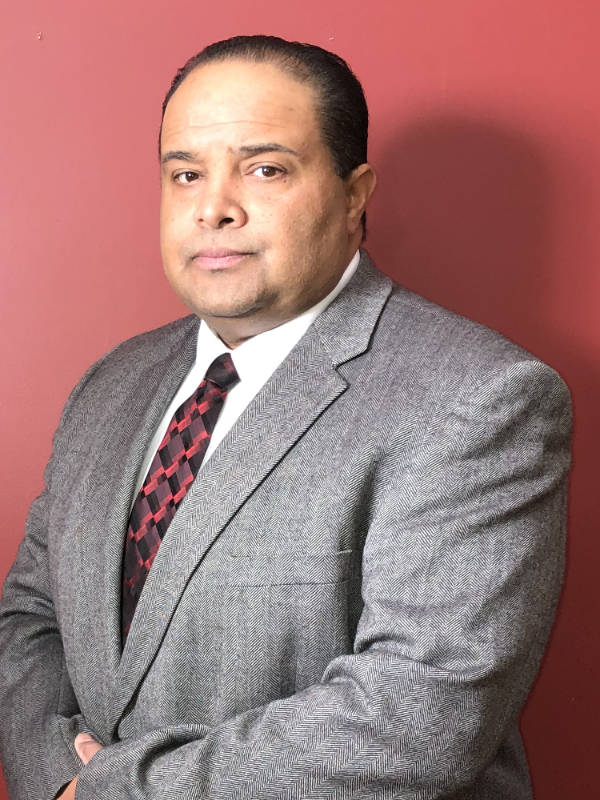 Acclaimed homicide detective Jeff Locklear takes the class inside the barriers of crime scene tape, to a place where only police and medical examiners are permitted to go. This is a rare opportunity for writers to learn insider details of investigating suspicious deaths, and to pick the brain of a highly successful homicide detective who’s solved hundreds of murders, including high-profile homicide cases featured in the national media.
Acclaimed homicide detective Jeff Locklear takes the class inside the barriers of crime scene tape, to a place where only police and medical examiners are permitted to go. This is a rare opportunity for writers to learn insider details of investigating suspicious deaths, and to pick the brain of a highly successful homicide detective who’s solved hundreds of murders, including high-profile homicide cases featured in the national media.
Instructor – Det. Jeff Locklear
Detective Sergeant Jeff Locklear, a 22-year veteran law enforcement officer, currently works with the Fayetteville North Carolina Police Department as a homicide police specialist and training officer.
As a homicide detective he’s been involved with over 350 homicide investigations. He’s also investigated hundreds of violent felonies including rapes, robberies, aggravated assaults, and missing persons.
During his career he has responded to hundreds to death scenes such as suicides, homicides, accidental deaths, and natural and unexplained deaths.
Detective Locklear has conducted thousands of interviews of violent offenders, including cases featured on 48 hrs (The Kelli Bourdeaux murder), Swamp Murders, NCIS – The Cases They Can’t Forget: The Holley Wimunc Murder, Scorned Love Kills 2014, The Today Show, and numerous other news and media outlets, such as People Magazine and Time Magazine.
He’s a founding member of both the 2008 Fayetteville Police Homicide Squad and the 2016 Fayetteville Police Violent Criminal Apprehension Team (VCAT). In addition, he’s served as sheriff’s deputy , Forensic Technician, Patrol officer , Crimes against persons detective, homicide detective, gun and gang task force detective, and as a Violent Criminal Apprehension Team Detective.
Detective Locklear has presented cases workshops at a number of conferences and events, including the North Carolina Homicide Investigators Conference, North & South Carolina Arson Investigators Conference , Fayetteville State University (Criminal Justice), Fayetteville Technical Community College (Registered Nursing students), Methodist University, and more.
Having spent the majority of his career investigating violent crimes, Detective Locklear has a unique and vast perspective of being the first officer on scene, the Forensic technician processing the scene, the detective investigating the crime, and the detective whose task it is to track down and capture the suspects who committed the crimes. He’s a dynamic speaker who can “escort you” to a crime scene, “walk you” through what happened, “show you” who did it, and then “lead you” to where the suspect fled after committing the offense.
Detective Locklear is married and the father of three children.
6. Forensic Toxicology: Poisoners Throughout History
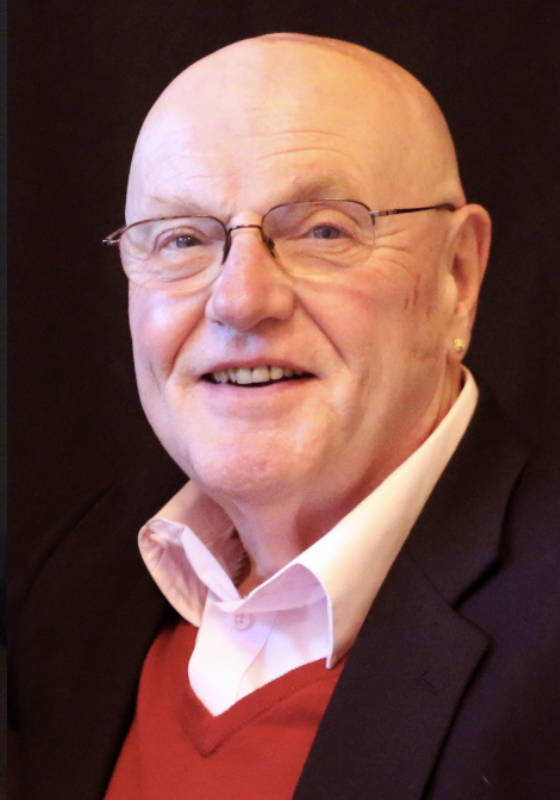 An entertaining and educational discussion of the history of homicidal poisoning from the days of early man, down to the present, with case discussions of real poisoners drawn from criminal history. Also discussed will be the psychology of the poisoner, and poisons used by writers in their fictional works.
An entertaining and educational discussion of the history of homicidal poisoning from the days of early man, down to the present, with case discussions of real poisoners drawn from criminal history. Also discussed will be the psychology of the poisoner, and poisons used by writers in their fictional works.
Instructor – John Trestrail, the “Poison Detective”
John Harris Trestrail, known as “The Poison Detective,” is a practicing boarded toxicologist, and for many years, was a visiting instructor at the FBI National Academy in Quantico, Virginia, on the subject of murder by criminal poisoning.
Mr Trestrail is recognized internationally, as the foremost authority on criminal poisoning and murder by poison. For 33 years (1976-2009), he served as the Managing Director of one of the nation’s certified regional poison centers. He now serves as the Director of the Center for the Study of Criminal Poisoning.
Since 1990, Mr. Trestrail’s seminars on“Murder by Poison!” and “Poisoners Throughout History”, have been received with wide acclaim by audiences throughout the United States, Canada, Europe, and Asia. Having presented over 300 seminars, he is a popular speaker.
As an expert consultant, Mr. Trestrail has served in many criminal poisoning investigations, to law enforcement and attorneys. He has been honored as a Fellow by the American Academy of Clinical Toxicology, and is a Diplomate, by examination, of the American Board of Applied Toxicology. Mr. Trestrail founded the Center for the Study of Criminal Poisoning, as well as the Toxicological History Society, and has been featured in multiple episodes on The Discovery Channel, The History Channel, The Learning Channel, and PBS.
He was the project leader for the forensic research project that was able to resolve the key question in the famous British, 1910 Crippen murder case, using DNA comparisons with living exemplars, and took part in London, England, as a member of the research team, in the making of the PBS documentary “Secrets of the Dead: Executed in Error”, on this infamous poisoning murder case. He has been an active participant in the International Program on Clinical Safety, of the World Health Organization (WHO), working for the establishment of poison control services in the world’s developing countries.
Mr. Trestrail is the author of the pioneering book Criminal Poisoning: An Investigational Guide for Law Enforcement, Toxicologists, Forensic Scientists, and Attorneys, published by Humana Press, in 2000 (2nd edition in 2007). He is also one of the co-editors of the popular book Toxicology Secrets, published by Hanley and Belfus Publishers, in 2001. His third book The Poison Quiz Book(2nd Ed.), was published by McGraw-Hill, in 2006.
Graduating with honors, Mr. Trestrail obtained a B.S. degree in Pharmacy, from Ferris State University, Big Rapids, Michigan, in 1967, where he was initiated into Rho Chi (Pharmaceutical Honor Society). In 2010, he received the Ferris State University’s “Distinguised Alumnus Award”. From 1967-1968, he attended graduate school, at the College of Pharmacy, The Ohio State University, Columbus, Ohio, majoring in natural product chemistry. Mr. Trestrail’s public service experience was as a Volunteer with the United States Peace Corps, from 1968-1970, where he taught chemistry at the University of the Philippines College of Agriculture, in the Republic of the Philippines.
He is a member of the following professional organizations:
- American Academy of Clinical Toxicology (AACT)
- American Association of Poison Control Centers (AAPCC)
- North American Mycological Association (NAMA) [Life Member]
- Toxicological History Society (THiS)
7. Forensic Botany: Utilizing Plant Evidence to Solve Crimes
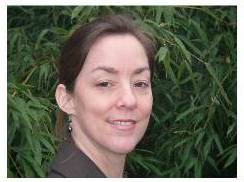 Forensic botanical evidence is relevant in high‐profile criminal casework and in circumstantial cases where little other evidence is available. When requested to assess the value of botanical evidence, a myriad of questions typically arise. A discussion of available scientific methods follows to establish how best to classify, identify, individualize, database and utilize this unique form of biological evidence. Case examples are often the best method for visualizing applications and fostering discussion with investigators. Two of the most fascinating cases I have been asked to participate in include a John Jay University student homicide where plant seed evidence was associative to the body, vehicle, and defendant (People of the State of New York v. Darryl Littlejohn); and an outdoor crime scene and clandestine grave where placement of botanical evidence and weather conditions were key controversial evidence regarding criminal intent and premeditation (State of Kansas v. Luis Aguirre).
Forensic botanical evidence is relevant in high‐profile criminal casework and in circumstantial cases where little other evidence is available. When requested to assess the value of botanical evidence, a myriad of questions typically arise. A discussion of available scientific methods follows to establish how best to classify, identify, individualize, database and utilize this unique form of biological evidence. Case examples are often the best method for visualizing applications and fostering discussion with investigators. Two of the most fascinating cases I have been asked to participate in include a John Jay University student homicide where plant seed evidence was associative to the body, vehicle, and defendant (People of the State of New York v. Darryl Littlejohn); and an outdoor crime scene and clandestine grave where placement of botanical evidence and weather conditions were key controversial evidence regarding criminal intent and premeditation (State of Kansas v. Luis Aguirre).
Instructor – Dr. Heather Miller Coyle
Heather Miller Coyle is an Associate Professor in the Forensic Science Department at University of New Haven, a small private University located in West Haven, CT. She obtained her B.S. in In Vitro Cell Biology from State University of New York –Plattsburgh in 1986 and her Ph.D. in Plant Biology from University of New Hampshire in 1994.
Her work experience includes employment in the pharmaceutical industry (Boehringer Ingelheim Pharmaceuticals; Ridgefield, CT) and the DNA unit of a forensic science laboratory (Division of Scientific Services; Meriden, CT). She is also a private consultant for DNA review and independent quality control of forensic laboratory casework on request and is court qualified to testify in six states and federal court.
Dr. Coyle’s research interests focus on touch DNA cases, trace biological evidence and DNA quality control issues. She is a science and technical writer who has published numerous scientific and technical peer-reviewed journal articles both independently and with University of New Haven student research projects.
She is also the editor of a textbook on Forensic Botany and a separate textbook on Nonhuman DNA; both relate to criminal casework and use of scientifc methods. Her consulting on botanical evidence includes assessment of cases such as the homicide of Imette St. Guillen (People of the State of New York v. Darryl Littlejohn), a double homicide with an outdoor crime scene excavation (State of Kansas v. Luis Aguirre), and the St. George’s County homicides (State of Maryland v. Jason Scott).
8. Mantracking: Hunting Humans
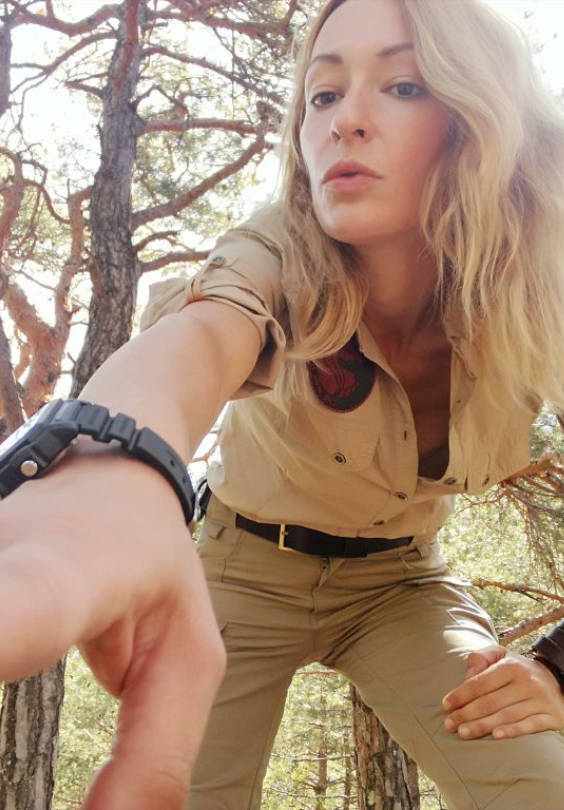 With thousands of fugitives going on the run each year it takes a dedicated, persistent, and competent “tracker” to locate and successfully return the most violent and dangerous felons to law enforcement to stand trial for their crimes. Taught by a world-renowned tracker, this session will provide details to add to your one-of-a-kind story.
With thousands of fugitives going on the run each year it takes a dedicated, persistent, and competent “tracker” to locate and successfully return the most violent and dangerous felons to law enforcement to stand trial for their crimes. Taught by a world-renowned tracker, this session will provide details to add to your one-of-a-kind story.
Instructor – Kyt Walken
Kyt Lyn Walken serves as an official representative of Hull’s Tracking School and is the first female mantracking lead instructor at a U.S. school based in Europe. In Poland, she received instruction led by C.R.O.W. (Conservation Rangers Operations Worldwide Inc.) and was certified as a Wildlife Conservation Ranger.
Currently, Kyt hosts and teaches “ManTracking” courses across Europe, collaborating with Survival Schools, S.A.R. Groups, and with Ballistic Experts. She is proficient in Tactical Tracking, Anti- and Counter-Tracking, Strategic Movement, and Deceptive Techniques.
Kyt has trained Slovenian, German, and Italian Law Enforcement Officers, and members of Special Forces. She is a regular feature writer for prestigious US and UK based webzines whose focuses are Survival, Off-grid Living, and Prepping.
Recently Kyt has been entitled Directora de la Escuela de Rastreo Umano Carcayú (Director of the Umano Carcayú Tracking School) – Spain.
She is author of the Manuals “The Importance of Being a Tracker”, “The Urban Tracker”, “Tracking Compendium”(with Andy Martin) and “Jungle Warriors: The SAS In Malesia and Borneo,” available in English and Spanish.
9. Carolina Homicide: Case Studies of the South
 Southern charm can be inviting, warm, and welcoming, but it can also have a dark side. Taught by one of the south’s finest detectives, Jeff Locklear, this session offers rare insight into homicides committed in the All-American City—Fayetteville, NC.
Southern charm can be inviting, warm, and welcoming, but it can also have a dark side. Taught by one of the south’s finest detectives, Jeff Locklear, this session offers rare insight into homicides committed in the All-American City—Fayetteville, NC.
Nestled next to Fort Bragg, home of the Airborne Special Forces and Delta-Force, Detective Locklear and his fellow investigators have their hands full working cases that easily rival those of The Big Apple.
Instructor – Jeff Locklear
10. Forensic Entomology: Utilizing Insects in Criminal Investigations
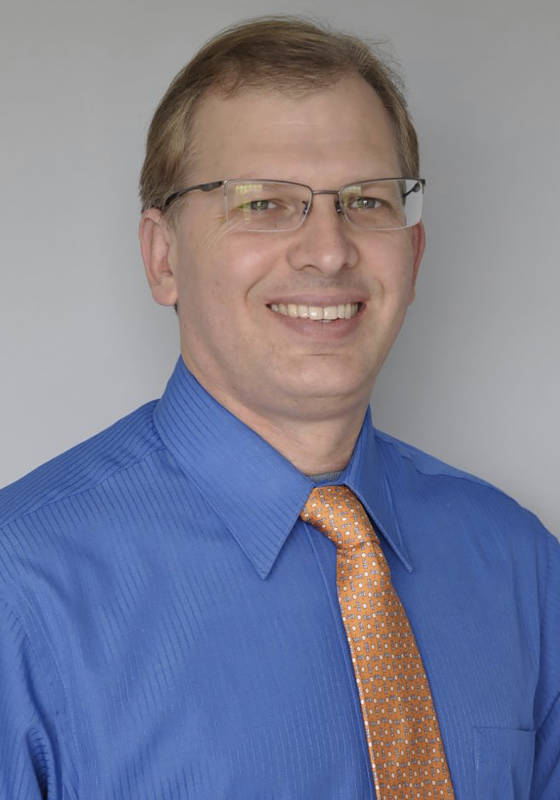 Insects that inhabit human tissue in postmortem situations can play a valuable part in death investigations. In this class, taught by one of the world’s leading forensic entomologists, you’ll learn how experts use medicocriminal entomology to help determine time of death, establish the geographical location where a death likely occurred, link suspects to victims, and even offer a different source of toxicology and DNA evidence.
Insects that inhabit human tissue in postmortem situations can play a valuable part in death investigations. In this class, taught by one of the world’s leading forensic entomologists, you’ll learn how experts use medicocriminal entomology to help determine time of death, establish the geographical location where a death likely occurred, link suspects to victims, and even offer a different source of toxicology and DNA evidence.
Instructor – Jason Byrd
Jason H. Byrd, Ph.D., D-ABFE, is an associate professor within the University of Florida Department of Pathology, Immunology and Laboratory Medicine and the associate director of the William R. Maples Center for Forensic Medicine.
In his capacity as a professor, Dr. Byrd directs programs in veterinary forensic sciences, wildlife forensic sciences, and forensic medicine. He has combined his formal academic training in entomology and forensic science to serve as a consultant and educator in both criminal and civil legal investigations throughout the United States and internationally.
Dr. Byrd specializes in the education of law enforcement officials, medical examiners, coroners, attorneys and other death investigators on the use and applicability of arthropods in legal investigations. His research efforts have focused on the development and behavior of insects that have forensic importance, and he has more than 20 years of experience in the collection and analysis of entomological evidence. He has also published numerous scientific articles on the use and application of entomological evidence in legal investigations.
Outside of academics, Dr. Byrd serves as a medicolegal death investigator within the National Disaster Medical System, Disaster Mortuary Operational Response Team, Region IV. He also serves as the commander for the Florida Emergency Mortuary Operations Response System.
Dr. Byrd is a Board-certified forensic entomologist and a diplomate of the American Board of Forensic Entomology. He was the first person to be elected as president of both the American Board of Forensic Entomology and the North American Forensic Entomology Association. He has also served as President of the International Veterinary Forensic Sciences Association and subject editor for the Journal of Medical Entomology. Dr. Byrd is also a fellow of the American Academy of Forensic Sciences.
11. Committing the Perfect Murder – an interactive discussion of not getting caught
 Modus operandi, Motive, Signature, Trophy, and X-factors are intriguing concepts to consider when writing the perfect plot. But pulling off the perfect crime is rarely accomplished by even the most prolific and intelligent of offenders. Attend this special session to discuss how to conceptualize the perfect murder!
Modus operandi, Motive, Signature, Trophy, and X-factors are intriguing concepts to consider when writing the perfect plot. But pulling off the perfect crime is rarely accomplished by even the most prolific and intelligent of offenders. Attend this special session to discuss how to conceptualize the perfect murder!
Instructor – Dave Pauly
12. Trivia “Myth Busters”
Test your CSI and forensics knowledge. Is the information you see on television and film correct? How accurate is the crime scene technology, evidence processing, and police procedure seen in crime fiction? This informative panel discussion and Q&A will “bust” all common myths, mistakes, blunders, and gaffes.
A must-attend session designed to help writers eliminate embarrassing missteps in their stories.
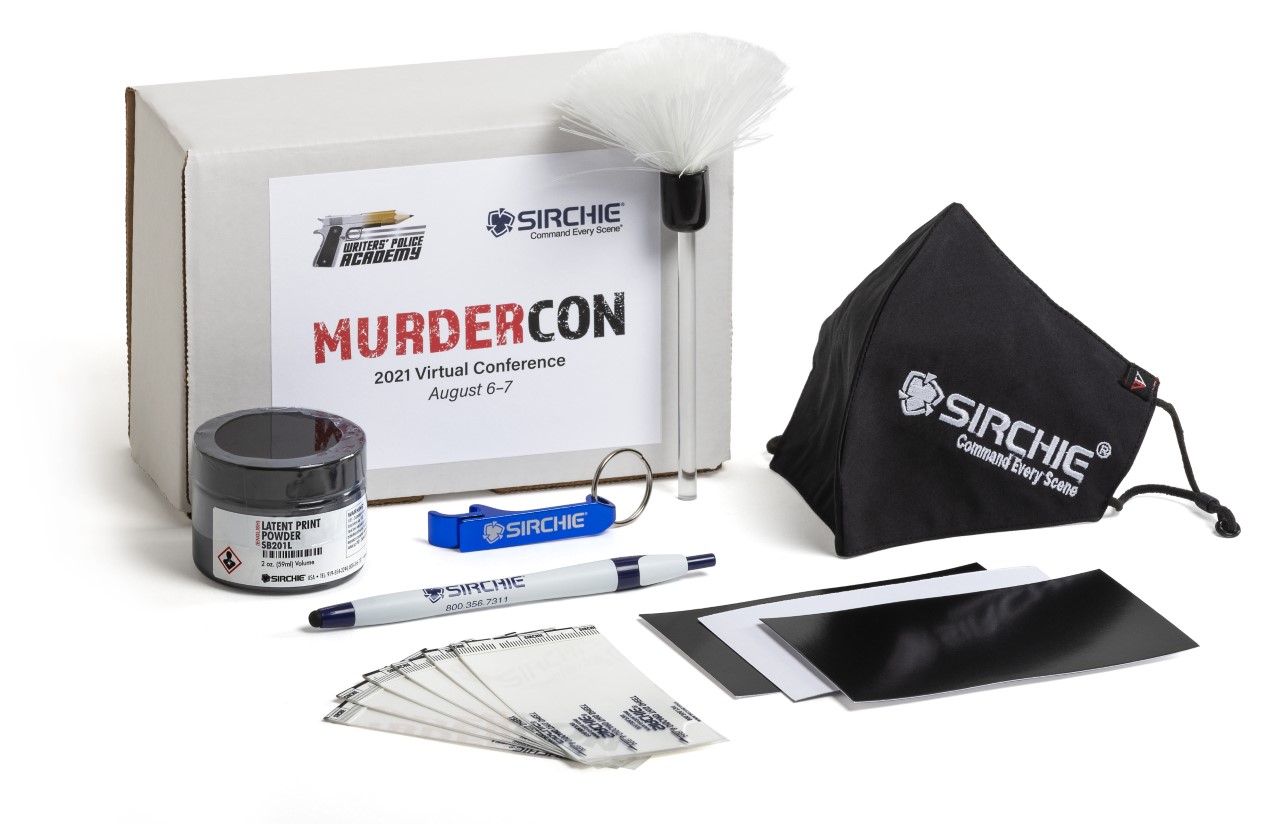 Each registered attendee receives an official mini Fingerprinting Kit from Sirchie. The kit is to be used during the session called “Rescue Your Characters from Sticky Situations: Fingerprinting Problematic Surfaces,”
Each registered attendee receives an official mini Fingerprinting Kit from Sirchie. The kit is to be used during the session called “Rescue Your Characters from Sticky Situations: Fingerprinting Problematic Surfaces,”an interactive session taught by Andy Parker, a certified Latent Print Examiner with the IAI. Andy is also a graduate of the FBI’s National Academy.
Sponsors, The Heroes that help make it all happen. You can too!
The Writers’ Police Academy needs your support!
Each year we rely on sponsorships to help offset the huge costs associated with the high level of programming we offer. Sponsor dollars also assist in maintaining affordable registration fees for writers at all stages of their careers.
Yes, sponsoring the Writers’ Police Academy is a worthy cause, but it’s also a wonderful opportunity to showcase your books and other products through the WPA’s unique far-reaching worldwide community of thousands upon thousands of writers, readers and fans, television and film writers. There’s also the potential to reach audiences not typically within an author’s fanbase, such as the over 700,000 law enforcement officers in the U.S. alone. In addition are forensics experts, attorneys, firefighters, corrections officers and staff and, well, the list is practically endless. The Writers’ Police Academy is the ultimate means of developing previously untapped sources of customers and readers.
Sponsorships are also a vital part of helping the Writers’ Police Academy continue with its unwavering commitment to aiding writers in their quest to write “killer” fiction.
So won’t you please join us as a 2021 sponsor? I’d deeply appreciate it!
Several levels of sponsorship are listed on the MurderCon website. They range from the Hero Level to friends of the WPA at the other end of the spectrum. No amount is too small or too large, and every single dollar is much appreciated and very much needed.
The list of sponsorship levels and benefits is available on the WPA “Become a Sponsor”page. There, you may also select the level of your choice and then and submit the corresponding dollar amount via PayPal. Or, payment by check is also welcome.
Sponsors are featured and promoted on the WPA/MurderCon sponsor page, on social media throughout the year, and on this blog, The Graveyard Shift.
Please contact me with your questions at lofland32@msn.com
The Writers Police Academy, and the writing community, wish to extend a deep and heartfelt “Thank You” to each of our generous supporters. Without you, dear friends, this celebrated event would not be possible.

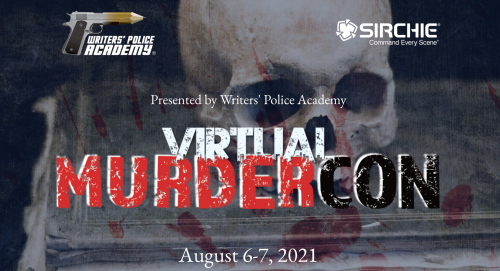
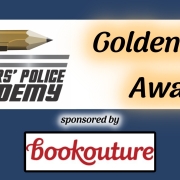
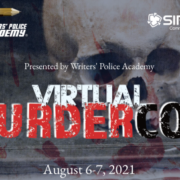

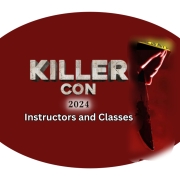
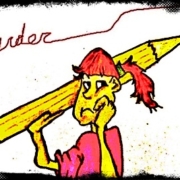
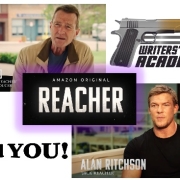

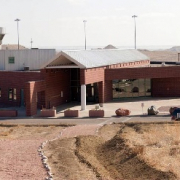



This is so interesting! I wish I could hear all these presentations.